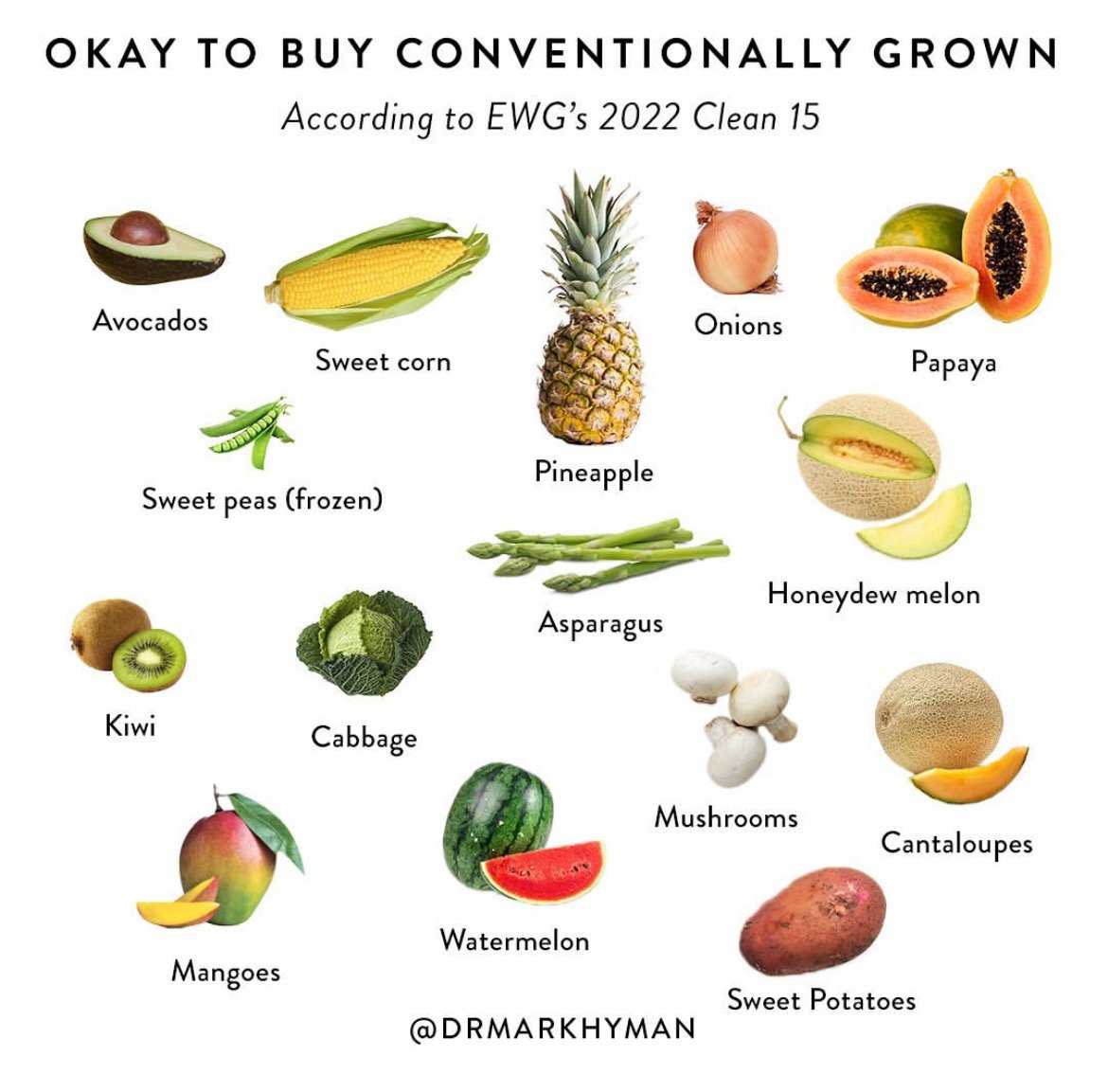When to Buy Organic Fruits and Vegetables
The Benefits of Organic Fruits and Vegetables
Organic fruits and vegetables have become increasingly popular in recent years, and for good reason. While conventional fruits and vegetables are grown using harmful chemicals, organic produce is grown without them, which means that you can enjoy the health benefits of your produce without worrying about consuming harmful pesticides.
The Environmental Working Group (EWG) releases a yearly list of the “Dirty Dozen” and “Clean Fifteen”, which highlights the fruits and vegetables with the highest and lowest levels of pesticide residues. This list is a useful tool for consumers who want to make informed decisions about their produce purchases.
Understanding the Dirty 12 and Clean 15
The “Dirty Dozen” includes the following fruits and vegetables:
Strawberries
Spinach
Kale
Nectarines
Apples
Grapes - not safe for dogs
Peaches
Cherries
Pears
Tomatoes
Celery
Peppers
These fruits and vegetables are most likely to be contaminated with pesticides, so it’s important to buy them organic.
On the other hand, the “Clean Fifteen” includes the following fruits and vegetables, which are least likely to be contaminated with pesticides:
Avocados
Sweet corn
Pineapples
Onions - not safe for dogs
Papayas
Frozen sweet peas
Eggplants
Asparagus
Kiwis
Cabbages
Watermelon
Cantaloupes
Potatoes
Mushrooms
Honeydews
These fruits and vegetables are considered the safest to buy conventional, but buying organic is still a good option if you want to avoid any exposure to pesticides.
Eggplant, broccoli, and cauliflower were all on the 2021 Clean Fifteen, but they did not appear on the 2022 list. That means that these three veggies must have been found to contain a higher concentration of pesticides than they did last year (though not enough for them to make the Dirty Dozen)
In addition to avoiding pesticides, there are many other benefits to eating organic fruits and vegetables. Organic produce has been shown to contain higher levels of vitamins and minerals than conventional produce, and it is also better for the environment. Organic farming practices help to reduce soil erosion and protect water sources, and they also promote biodiversity by supporting a range of wildlife and insects.
Overall, the benefits of eating organic fruits and vegetables are clear. By choosing organic, you can avoid harmful chemicals, get more nutrients, and support environmentally sustainable farming practices. So next time you’re at the grocery store, consider reaching for the organic options on the “Dirty Dozen” list and treat yourself to the many health benefits of organic produce.
Do the best you can relative to your budget. But if you have a dog with a significant health condition, the quality of your fruits and vegetables will matter.


